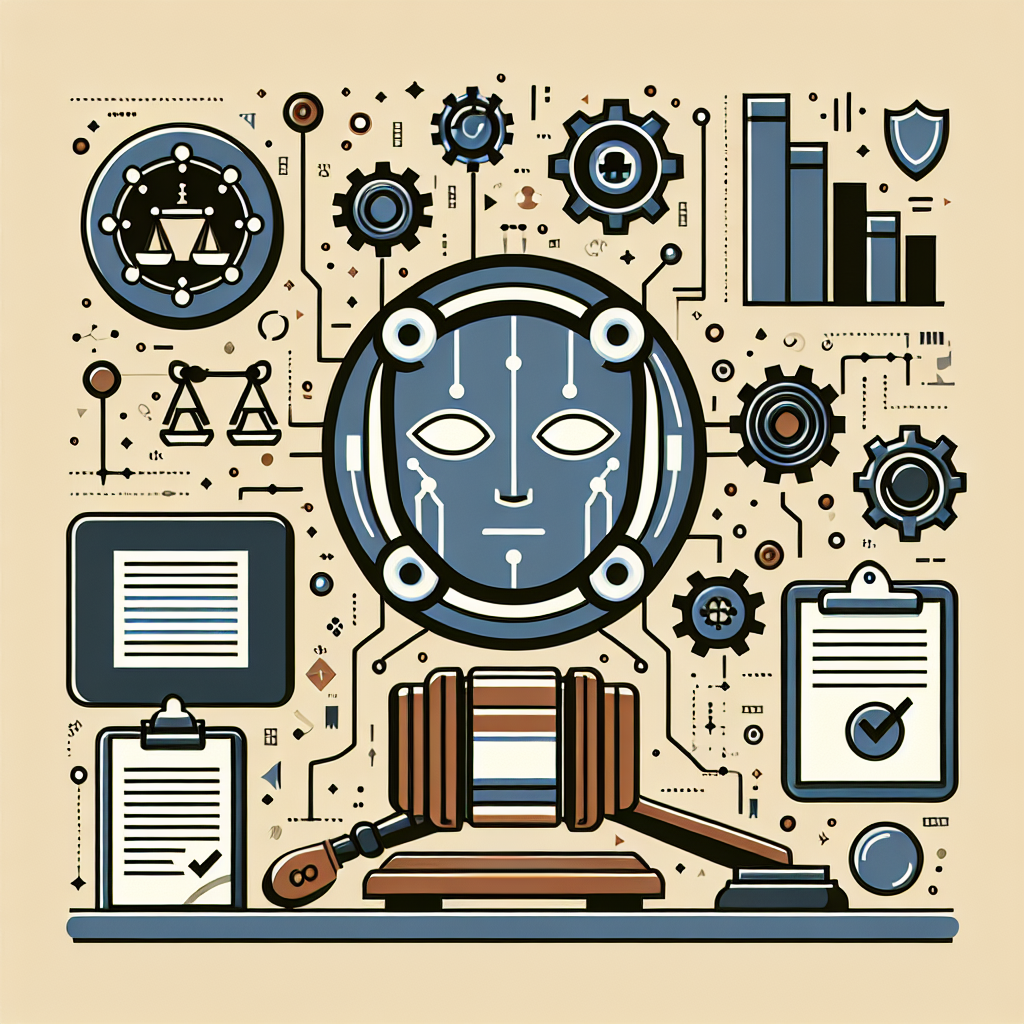The Impact of AI on Legal Practice Efficiency
Artificial Intelligence (AI) has been transforming industries across the board, and the legal profession is no exception. The use of AI in legal practice has the potential to revolutionize the way lawyers work, increasing efficiency, accuracy, and productivity. From document review to case prediction, AI is changing the landscape of legal practice in significant ways.
One of the key areas where AI is making a big impact in the legal field is in document review. Traditionally, lawyers spent countless hours sifting through mountains of documents to find relevant information for their cases. AI-powered software can now quickly analyze and categorize documents, saving lawyers time and allowing them to focus on more strategic aspects of their cases. This not only speeds up the process of document review but also reduces the likelihood of errors that can result from human oversight.
Another area where AI is making a big impact is in legal research. AI-powered tools can quickly search through vast amounts of legal data and provide lawyers with relevant case law, statutes, and other legal information. This not only saves lawyers time but also ensures that they have access to the most up-to-date and relevant information for their cases. AI can also help lawyers predict the outcome of cases based on past precedents, allowing them to make more informed decisions and better advise their clients.
AI is also being used in contract analysis and management. AI-powered software can quickly review and analyze contracts, flagging potential risks and discrepancies for lawyers to review. This can save lawyers significant time and ensure that they don’t overlook important details that could have legal implications down the line. AI can also help with contract generation, automatically creating draft contracts based on predefined templates and parameters.
In addition to document review, legal research, and contract analysis, AI is also being used in e-discovery, case management, and even in the courtroom. AI-powered tools can help lawyers organize and manage large volumes of electronic data, improving the efficiency of the discovery process. In the courtroom, AI can assist with trial preparation, providing lawyers with insights into jury behavior, case strategy, and even predicting potential outcomes.
Overall, the impact of AI on legal practice efficiency is significant. By automating routine tasks, AI allows lawyers to focus on higher-value work, such as case strategy, client counseling, and advocacy. This not only improves the quality of legal services but also increases productivity and profitability for law firms.
FAQs:
Q: Will AI replace lawyers in the future?
A: While AI is transforming the legal profession, it is unlikely to replace lawyers entirely. AI can automate routine tasks and improve efficiency, but human lawyers will still be needed for complex decision-making, strategic thinking, and client counseling.
Q: Is AI ethical in the legal profession?
A: The ethical use of AI in the legal profession is a growing concern. Lawyers must ensure that AI is used responsibly and in compliance with legal and ethical standards. Transparency, accountability, and oversight are key principles to consider when using AI in legal practice.
Q: How can law firms implement AI in their practice?
A: Law firms can implement AI in their practice by investing in AI-powered software and tools, training their staff on how to use AI effectively, and ensuring that AI is integrated into their workflow. Collaboration with AI experts and vendors can also help law firms leverage the full potential of AI in their practice.
Q: What are the potential risks of using AI in the legal profession?
A: The potential risks of using AI in the legal profession include data security and privacy concerns, bias and discrimination in AI algorithms, and the potential for AI to make errors or misinterpret information. It is important for lawyers to be aware of these risks and take steps to mitigate them when using AI in their practice.

